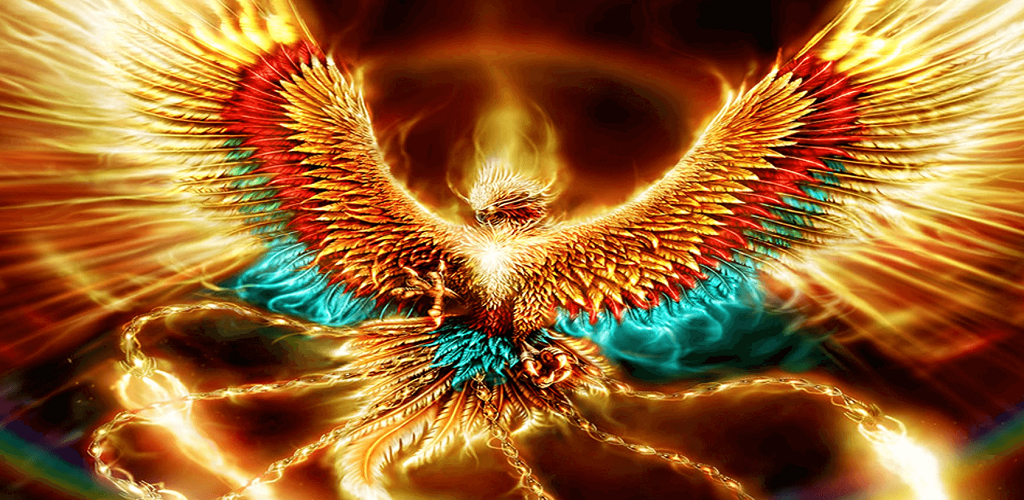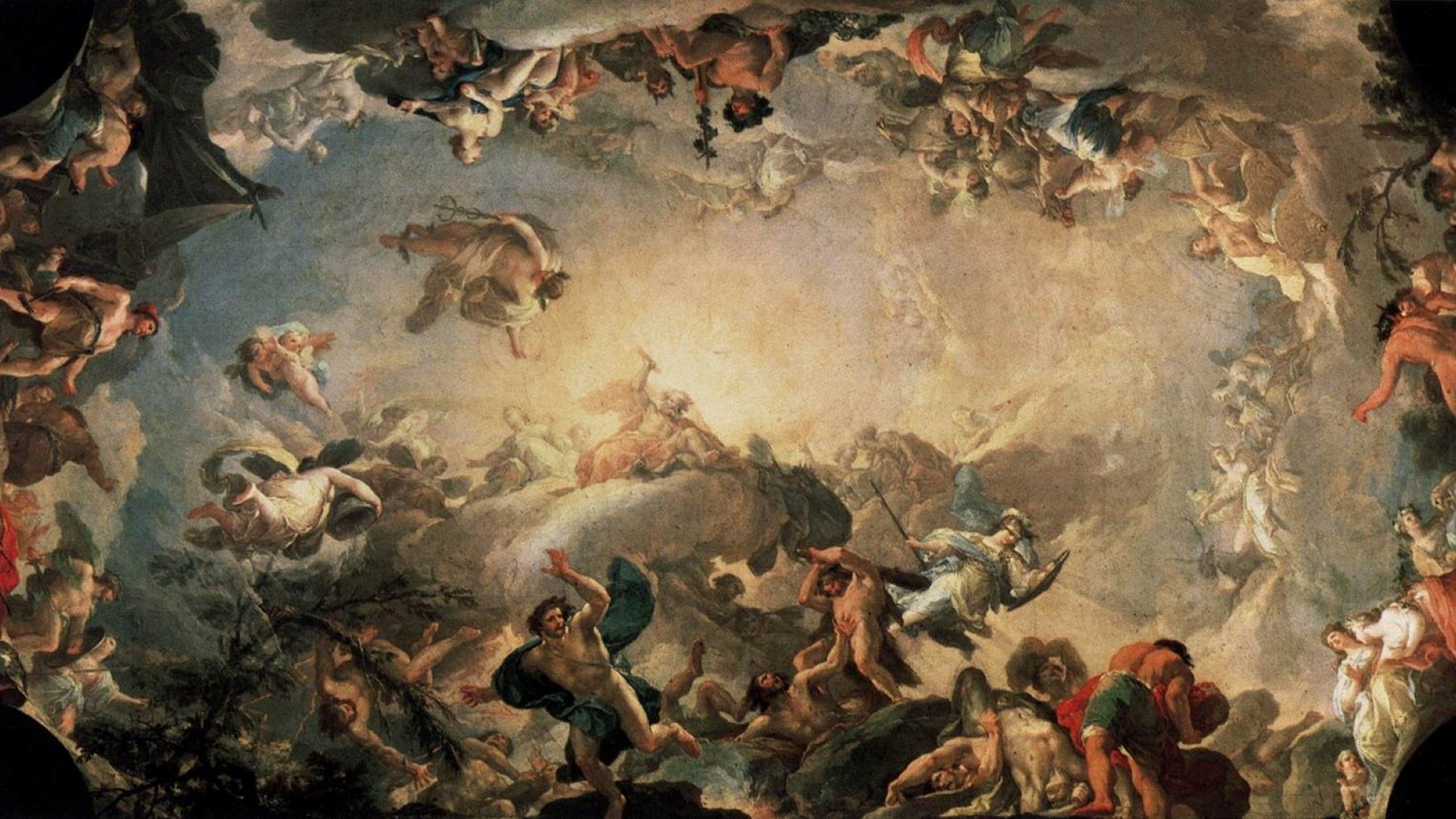
Melanippe
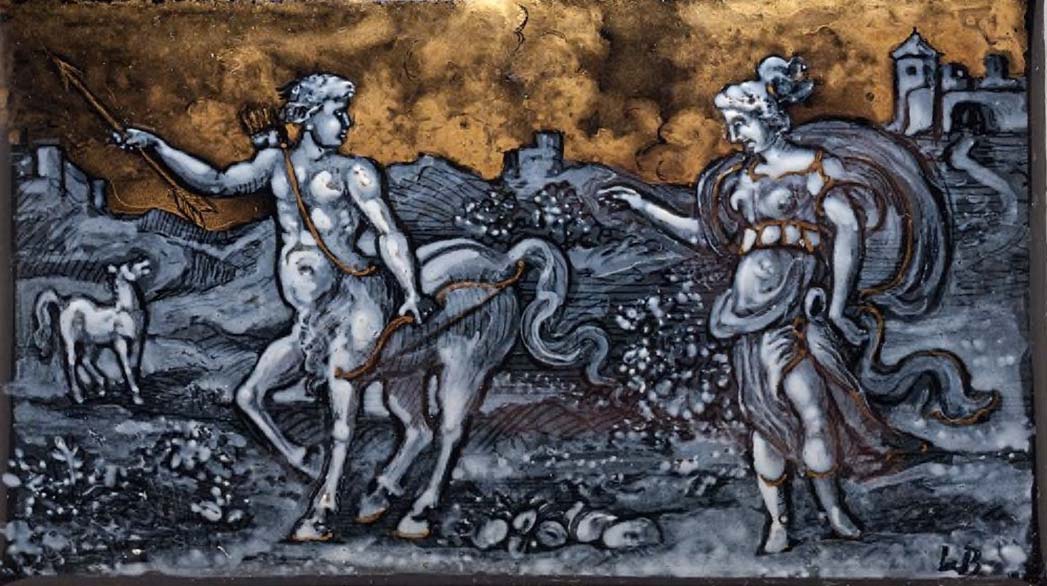
Melanippe - daughter of Aeolus
In Greek mythology, Melanippe (Ancient Greek: Μελανίππη, meaning: "black mare"), also known as Arne or Antiopa, was the daughter of Aeolus and the precedent Melanippe (or else daughter of Hippotes or of Desmontes).
She was the mother by Poseidon, of the twins Aeolus (Hellen) and Boeotus.
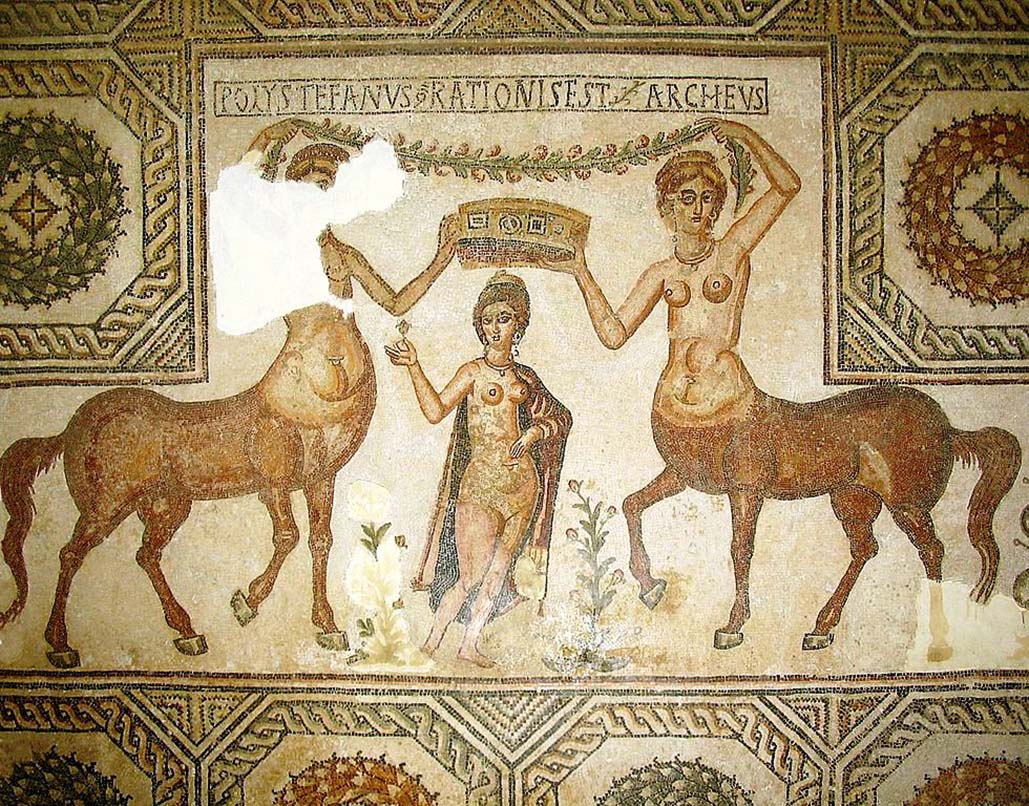
Mythology
There are various accounts of what happened to Melanippe after the birth of her sons. In one version, when her father discovered her pregnancy, he handed her over to a man from Metapontium, who was childless and adopted her sons as his own. When the boys grew up, a civil war began in Metapontium and they seized the kingship.
They also killed Autolyte, their adoptive father's wife, for having mistreated their natural mother. Strabo cites two other accounts, in which Melanippe was said to have been handed over either to Metabus or to Dius.
In another version of Melanippe's story, when her father discovered that she had given birth to twins, he blinded her, shut her in a prison and ordered that the babies be exposed. However, they were suckled by a cow and survived.
They were subsequently rescued by shepherds, who later gave them to Theano, wife of King Metapontus of Icaria, as she was looking for a baby to present to her husband as her own, fearing that he would expel her if she bore him no children.
Later, however, she did give birth to two sons, but Metapontus was already more fond of the sons of Melanippe. So when they grew up, Theano instructed her natural sons to kill Aeolus and Boeotus during hunt. The two, however, defended themselves and, with the aid of Poseidon, killed Theano's sons.
She then committed suicide and the brothers fled to the shepherds who had found them. Having found out about their true descent from Poseidon, they released their natural mother Melanippe from prison, and Poseidon restored her sight.
Two tragedies by Euripides, Melanippe The Prisoner and Melanippe The Philosopher, were dedicated to this character.
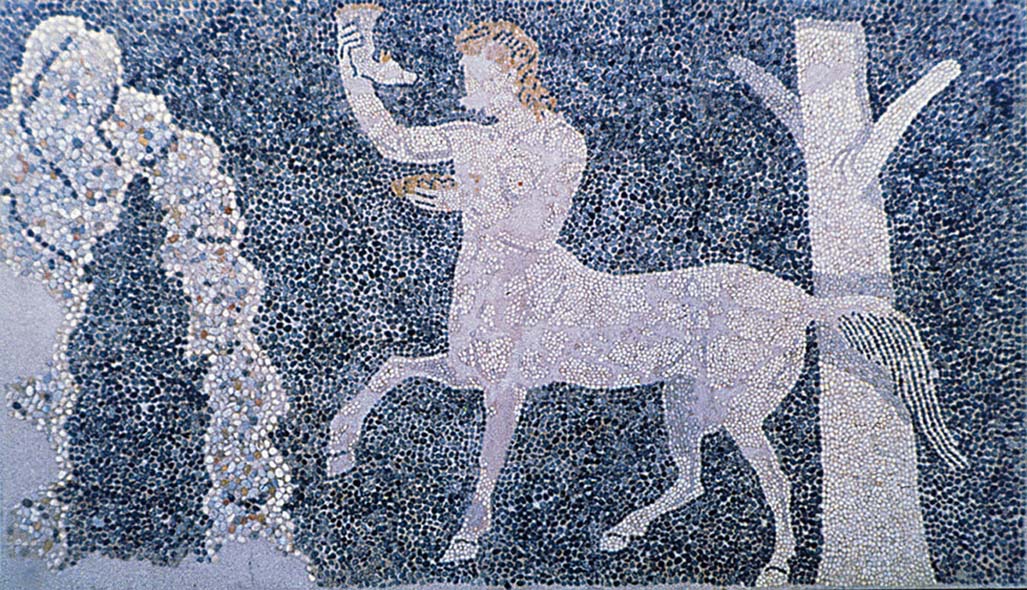
Melanippe - daughter of Chiron
Overall, Melanippe was the daughter of the centaur Chiron in Greek mythology, with Melanippe primarily famous for her metamorphosis into a mare.
Melanippe was the daughter of the civilised centaur Chrion; where a mother of Melanippe is named, it is normally said to be Chariclo, the nymph of Mount Pelion, who was Chiron’s wife. Melanippe would be blessed with prophetic abilities. Melanippe was also known by a number of different names, being also called Ocyrrhoe, Euippe, Hippe and Thetis.
Melanippe would be seduced by Aeolus, son of Hellen, but when Melanippe found herself with child, she would become worried about the reaction of her father Chiron, who still believed her a virgin. Thus, Melanippe fled into the forests of Mount Pelion, but Chiron would now start to search for his missing daughter.
Now, Melanippe prayed to the gods, wishing that her father would not see her in childbirth. Artemis would answer the prayers of Melanippe, and after the daughter of Chiron had given birth to a daughter (named is Arne or Melanippe), she was transformed into a mare.
Some say that Artemis then placed Melanippe in the night sky as the constellation Pegasus.
Other sources suggest that the metamorphoses of Melanippe was a punishment from the gods rather than a prayed for change; with the transformation being undertaken by either Artemis or Zeus.
It was occasionally said that Melanippe was transformed by Artemis as a punishment, for the daughter of Chiron had stopped hunting with the goddess, and had ceased to worship her.
More commonly, when the metamorphoses of Melanippe was considered a punishment, it was said to have been commanded by Zeus, for Melanippe had provided too much detail in her prophecies, especially when talking of the future to Chiron and Asclepius. Thus, Melanippe was transformed so she could not tell more of what the gods intended.
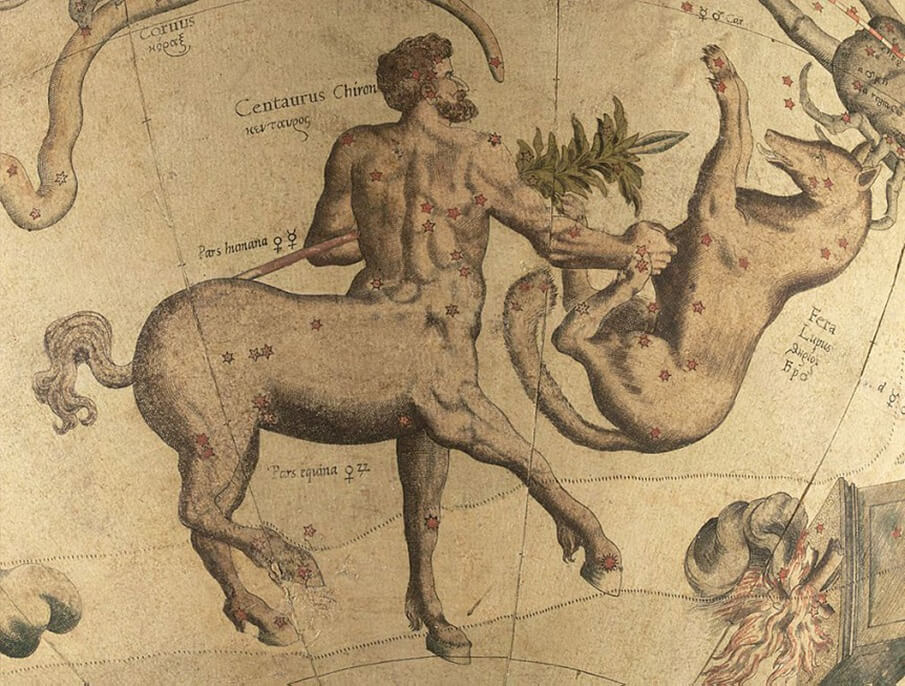
Melanippe in Greek Mythology
In Greek mythology, Melanippe (Ancient Greek: Μελανίππη, meaning: "black mare") referred to several different people:
Melanippe, daughter of the Centaur Chiron. Also known as Hippe or Euippe. She bore a daughter to Aeolus, Melanippe or Arne (see below). She escaped to Mount Pelion so that her father would not find out that she was pregnant, but, being searched for, she prayed to Artemis asking for assistance, and the goddess transformed her into a mare. Other accounts state that the transformation was a punishment for her having scorned Artemis, or for having divulged the secrets of gods. She was later placed among the stars.
Melanippe, daughter of Aeolus and the precedent Melanippe (or else daughter of Hippotes or of Desmontes).
Melanippe, daughter of Althaea and Oeneus, one of the Meleagrids. She was turned into a guinea fowl by Artemis after the death of her brother, Meleager.
Melanippe, an Amazon, sister of Hippolyta, Penthesilea and Antiope, daughter of Ares. Heracles captured her and demanded Hippolyte's girdle in exchange for her freedom. Hippolyte complied and Heracles let her go. Some say that it was Melanippe whom Theseus abducted and married. Yet others relate that she was killed by Telamon.
Melanippe, wife of Hippotes, son of Mimas, himself son of Aeolus, and the mother of another Aeolus.
Melanippe, daughter of the winged horse Pegasus and Ocyrhoe the centauress.
Melanippe, a nymph who married Itonus, son of Amphictyon.
Melanippe, possible wife of Chalcodon and mother of Elephenor.
Melanippe, an emendation for "Medippe" (name of one of the sacrificial victims of Minotaur) in Servius' commentaries on Aeneid.
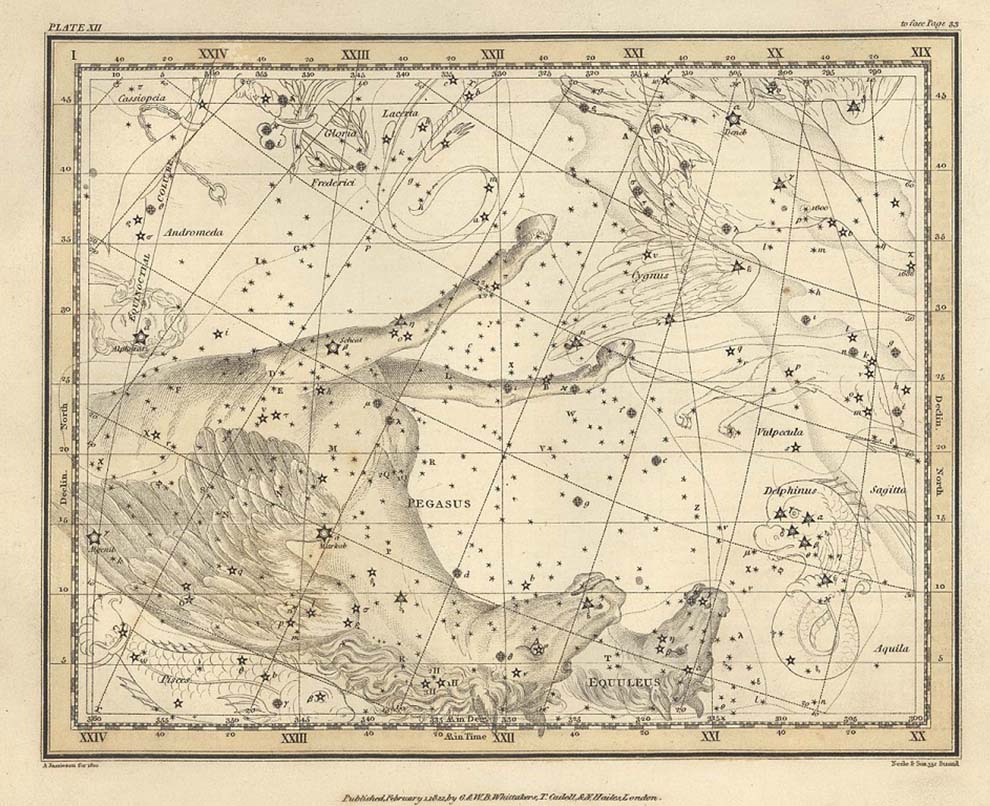
Sources
Diodorus Siculus, Bibliotheca historica 4.67.3–4
Hyginus, Fabulae 157
Hyginus, Fabulae 186
Strabo, Geographica 6.1.15
Scholia on Pindar, Nemean Ode 3.64
Diodorus Siculus, Bibliotheca historica 4.67.3
Pausanias, Graeciae Descriptio 9.1.1
Tzetzes on Lycophron, Alexandra 1034
Pseudo-Eratosthenes, Catasterisms, 18
Hyginus, Astronomica 2.18
Antoninus Liberalis, Metamorphoses 2
Diodorus Siculus, Bibliotheca historica 4.16.3
Pseudo-Apollodorus, Bibliotheca Epitome of Book 4.1.16
"Wikipedia"
Our Mobile Application
Check out Our Mobile Application "Ancient Greece Reloaded"
